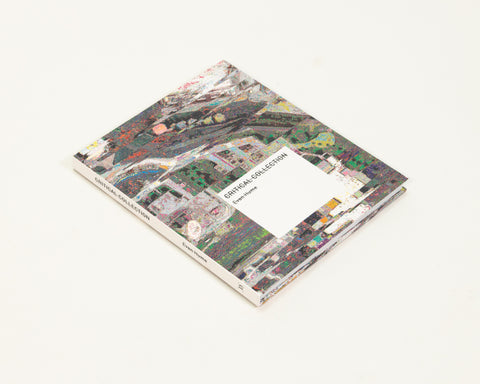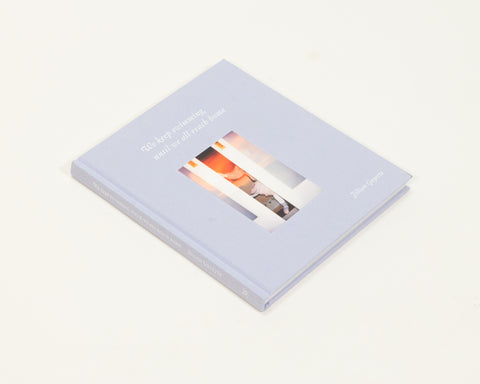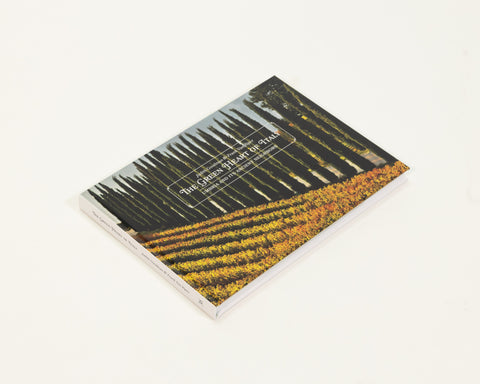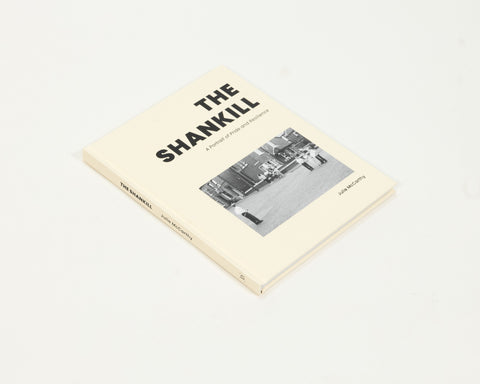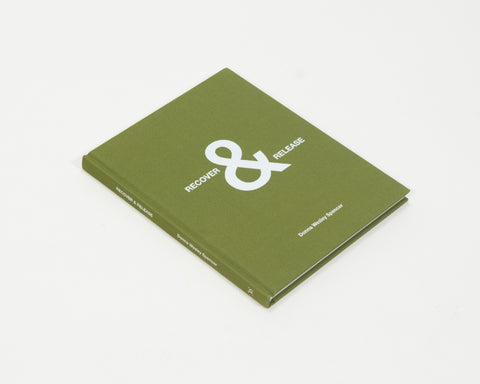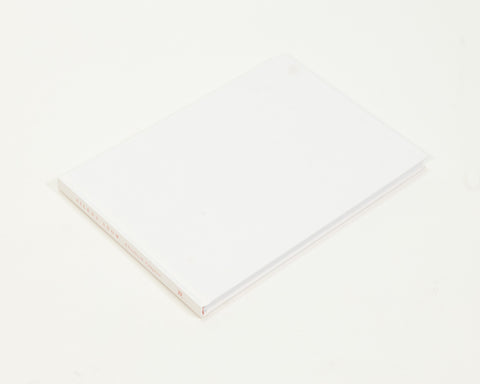If self-portraiture is often an exercise in vanity, Julia Kozerski's series, Half, is rather like a surrender to humility. When she started documenting her weight loss in 2009, the goal wasn't parading her new shape, but accepting it. Superficially, losing half of your body mass when you're morbidly obese is an incredible accomplishment; the reality of it, portrayed by Kozerski, is also a story of mourning your former self, and struggling to recognize the new one.
While studying for her BFA at the Milwaukee Institute of Art Design, she realized that using herself as a photography subject would help her emotionally detach from her self-image issues. Her body in a mirror was not the same than her body in a photograph. Her skin, stretched and marked, became a muse instead of an embarrassment. "Photographing myself allowed me to remove myself and look at myself more objectively. It allowed me to "speak" without using words. It was embarrassing at times, especially in the most intimate of moments with my husband. But the images I took allowed me to express how I was feeling without uttering a sound", says Kozerski.
A camera is an interesting weapon of self-acceptance, and she did not hold back. Her images are merciless. Both her studied compositions and her light, sometimes wistfully soft but often almost cruel, work as a jewel case for her folds and stretch marks. So much so that they become fascinating, beautiful even. Her close-ups are as riveting as macros of foreign organisms; almost scientific in detail, yet infusing the viewer with an almost poetic urge to touch. Her wider shots tell complex narratives, reminders that a body has a history, filled with contradictory emotions - like we all are, in the end: ambivalent, vulnerable and insecure, but proud and in need of recognition.
If at first she wasn't sure the public would relate, her project soon garnered much interest and she was motivated to give it her all. "When I began slowly introducing my images in critiques, I was flooded with questions. I thrived on the dialogue. People wanted to know more, they wanted to see more ... so that is what I gave them." The success of her self-portraits is not just about the contemporary issue of weight loss; it is the universal quest for self-acceptance, self-questioning, self-observing. It is about death, renewal, success and failure. "You don't need to have lost weight to understand and relate to my work, you just need to be human."
160 pounds later, she has also shed the unease and the modesty. She isn't photographing herself anymore, but the process of self-exploration. Thanks to Half, she says, "I embrace my body, perceived "flaws" and all. My womanly shape is unlike models in our magazines nowadays and is quite reminiscent of those found in paintings throughout art history." Yes. Her work returns the human body to its original grace, away from plasticity and perfection; life through her lens, warts and all, is a work of art.
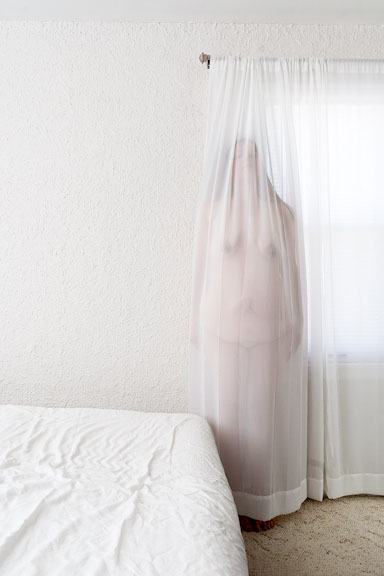
Whitewash
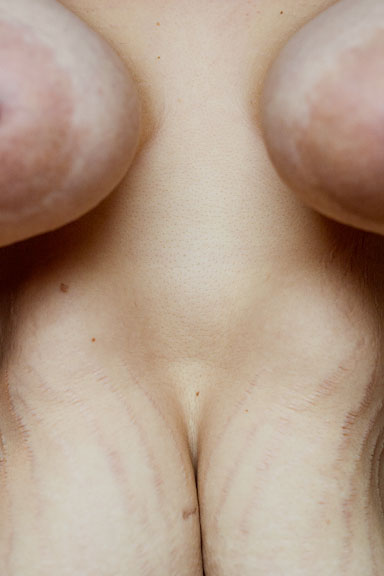
Casing No. 2
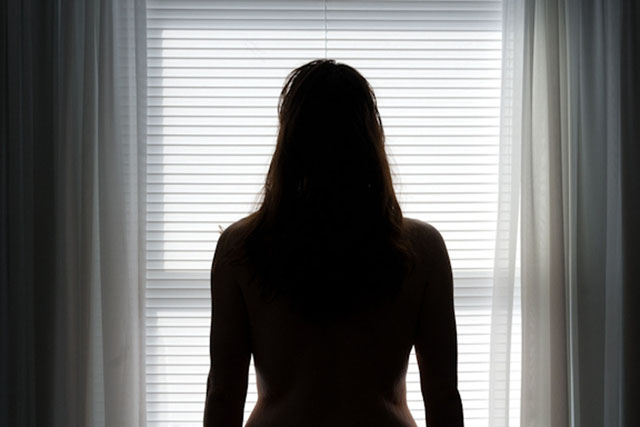
Vestige
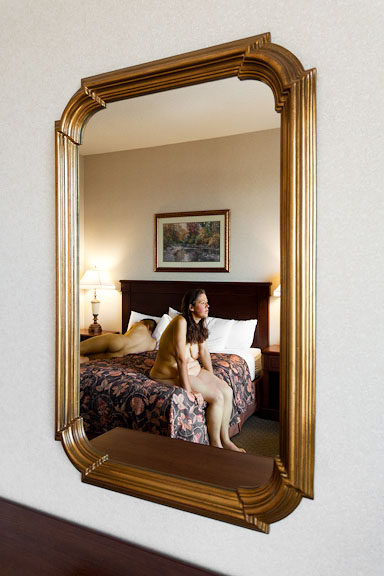
Surrender
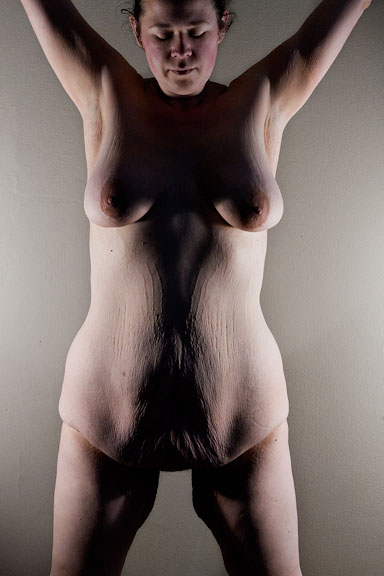
Ruins No. 2

Weighing
Julia Kozerski's website can be found at http://juliakozerski.com/
